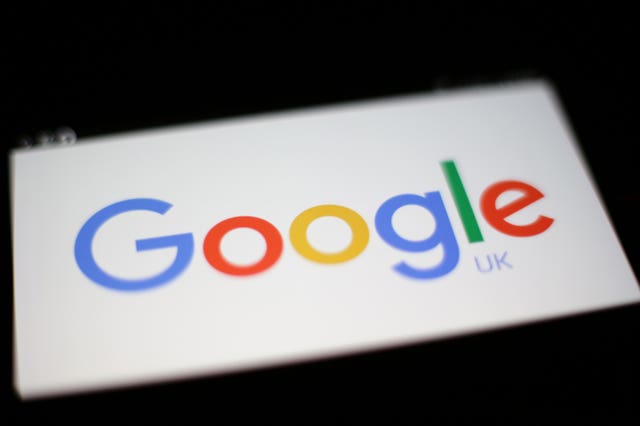Why have online pornography age checks been delayed?
Restrictions were due to come into force from July 15.

New rules forcing pornography websites to check the age of users have been pushed back again.
The long-awaited and controversial measures are said to be a world first, which will be overseen by a regulator, but Culture Secretary Jeremy Wright has announced that it will be delayed because of an “administrative error”.
– When will age verification come into force?
The measures were due to come into force from July 15 but the Culture Secretary has said they will have to be delayed once again, by around six months.
– Why has the move been delayed?
Mr Wright said the Government had failed to tell European regulators about key aspects of the measures.
Once the European Commission has reviewed the plans and it has been relayed back to MPs in the House of Commons, it could take roughly six months, he predicted.
The Department for Digital, Culture, Media and Sport has said it will tell the European Commission as soon as possible.
– Why is the Government introducing age verification to pornography websites?
The Government wants to make the UK one of the safest places to be online, in particular to protect young people from stumbling upon pornographic content.

The idea is to ask adults to prove their age in order to access pornography websites.
Several options to verify that a user is 18 and over will be on offer by third=party companies, such as using digital ID apps in which people can send copies of their ID showing they are of age.
Another option put forward is buying a card over the counter, where the shop owner will be required to verify the person’s age in the same way as when selling alcohol and cigarettes.
A voluntary certification scheme, known as the Age-Verification Certificate (AVC), will be available to assess the data security standards of the companies that provide these solutions.
– Will this affect all pornography?
The Government is targeting websites and apps that offer pornography on a “commercial basis”, which includes any pornographic material made available free of charge where a person “receives a payment, reward or other benefit in connection with making it available on the internet”.
However, the measures will only cover websites where more than a third of content is pornographic.
Social media and search engines are also unaffected.

The BBFC (British Board of Film Classification), the regulator responsible for giving age ratings to movies, has been tasked with overseeing regulation of pornography websites.
It admits that the changes are “not a silver bullet” and that “some determined teenagers will find ways to access pornography”.
– What powers will the regulator have?
The BBFC says it will have the power to contact social media and search engines to request that non-compliant websites be removed from their services, as well as asking payment providers to withdraw and even asking internet service providers to block their websites entirely.
However, it stresses that blocking a site is not the main objective, and will allow non-compliant websites “enough time” to comply.





